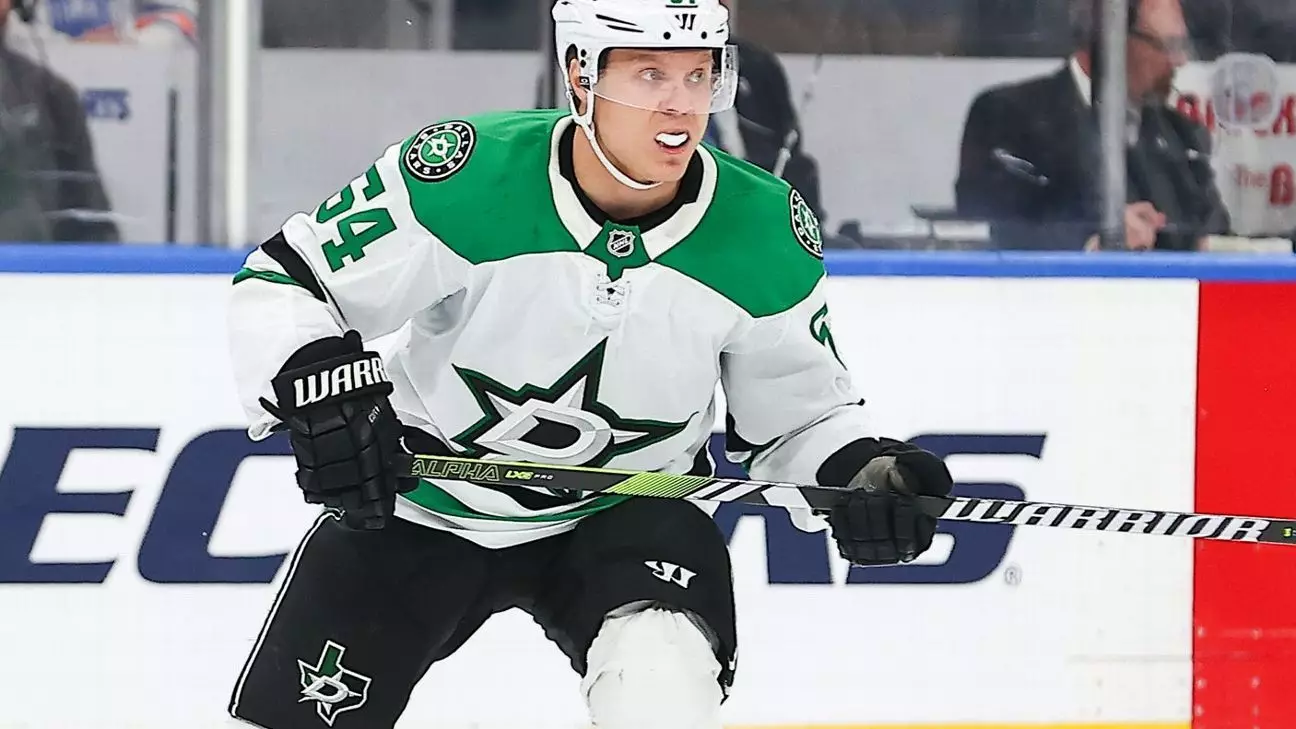This free agency period delivered unexpected surprises, and Mikael Granlund’s signing with the Anaheim Ducks exemplifies a seismic shift in how teams value proven, versatile forwards. Historically, top-tier centers have commanded massive contracts, but this offseason challenged conventional wisdom. The absence of marquee free agents like Jonathan Tavares, Matt Duchene, and John Tavares created a vacuum that allowed a player like Granlund—while not the most flashy name—to secure the richest deal of his career. His three-year, $21 million contract underscores a broader trend: teams are now recognizing the value of dependable two-way centers who can contribute in multiple ways, rather than solely relying on marquee stars demanding exorbitant sums.
This shift is also rooted in the league’s evolving tactical landscape. Modern hockey increasingly depends on speed, flexibility, and strategic versatility—traits exemplified by Granlund, who not only can play down the middle but also slide onto the wing when needed. This flexibility adds to his attractiveness as a commodity in free agency, especially for a team like the Ducks, which is attempting to reinvent itself—not through sheer star power, but through strategic, incremental talent accumulation.
For the Ducks, a Calculated Step Toward Competitiveness
Anaheim’s recent moves signal a clear intention to punch above its weight. The franchise has been methodical, rebuilding through the draft, developing a core of young players such as Leo Carlsson, Mason McTavish, and Lukas Dostal, and supplementing this foundation with shrewd trades. Yet, despite their promising youth movement, the Ducks have struggled with inconsistency and prolonged playoff droughts. The decision to sign Granlund is a statement that they’re no longer content with merely developing prospects—they want to push for meaningful postseason appearances in the near future.
By acquiring a veteran like Granlund, the Ducks are bolstering their depth and experience—crucial attributes for navigating the rigors of an NHL season. His proven track record as a 20-goal scorer and a reliable two-way contributor is precisely what a team chasing a wild-card spot needs. Their previous strategy of building a roster around young talent was sound, but now it requires complementary pieces capable of elevating the team’s competitive level, especially in high-pressure situations.
Moreover, the management’s decision to elevate the coaching rank to Joel Quenneville suggests an ambition to change the team’s culture from within. The amalgamation of experienced leadership, coupled with fresh talent, signals a calculated effort to break the Ducks’ recent playoff drought and re-establish themselves as playoff contenders.
Implications for the League’s Power Dynamics
Granlund’s move to Anaheim is also indicative of broader shifts within the NHL landscape. It highlights a league increasingly driven by strategic, salary-cap-conscious moves that favor versatility and workload sharing over star primacy alone. While teams like Dallas, with their salary cap constraints, had to reluctantly part ways with valuable players such as Granlund, others like Anaheim have seized the opportunity to turn depth into a competitive advantage.
Furthermore, this signing raises questions about traditional valuation models. It emphasizes that consistent, dependable play and adaptability may now outweigh the allure of high-end star power, especially in a league where salary caps limit the number of superstars a team can afford. This philosophy could reshape how franchises approach roster building, emphasizing balance and role players over the myth of the single, unbeatable star.
Granlund’s signing is more than just a contractual milestone for him—it’s a symbol of a league evolving, where strategic depth, versatility, and thoughtful rebuilding are becoming the new benchmarks of success. For the Ducks, it’s a calculated gamble, aiming to accelerate their journey back into the playoffs while embodying a broader philosophical shift in hockey’s modern era.


Leave a Reply